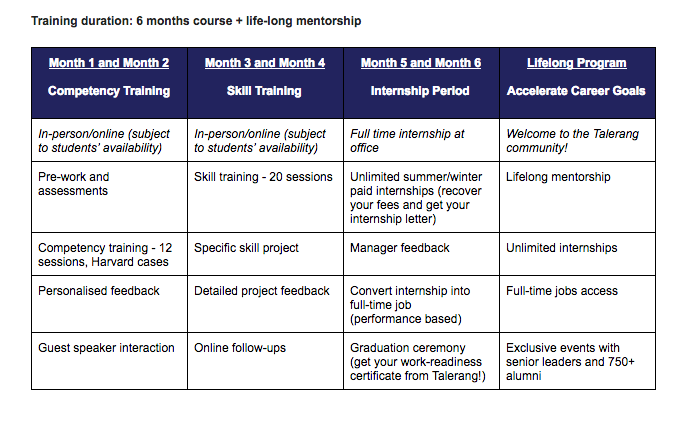
Pursuing Masters in India vs. abroad
A lot of students dream of going abroad to study. Before you take the plunge think about a variety of factors such as what you want to study, how you will manage accommodation and tuition fee, whether you want to be in a big city or small, scholarship opportunities, faculty quality, course structure and the reputation of the college you pick. Also, keep in mind that Indian colleges have their advantages too! Many international students have enrolled for higher education in various colleges in India like the IIMs and IITs, University of Delhi and NIFT. According to All India Survey on Higher Education conducted by the Ministry of Human Resource Development officially 45,424 foreign students were enrolled in Indian colleges in 2015-16. Instead of blindly wanting to go abroad, consider the advantages of staying in India vs. going abroad and decide accordingly.
Pros of studying in India:
- Colleges in India are more relevant to careers in India. For example, if you are pursuing an MBA in India, the project, case studies are going to be more relevant and applicable. Your internships can bridge to jobs in India as opposed to interning abroad and then looking for a job here. Many MNCs are recruiting from colleges in India and have established their centers in India such as Bain & Co. KPMG, Ernst & Young, etc. There is a great scope of networking with people of different cities, nationality, gender and culture from within India, which will be your future network.
- Indian education gives access to decent quality in higher education at a relatively affordable price. They have a rigorous course structure that is focused on academic intensity. Many colleges in India are subsidized by the government to make it accessible to a diverse range of people. Now several private colleges and universities also offer scholarships and support to Indian students.
Pros of studying abroad:
- Colleges abroad tend to be more holistic in their approach to education, focusing on a variety of non-academic skills such as spoken and written communication, teamwork, problem-solving and independent thinking. Faculty is often from industry and has practical experience which they bring to the table while teaching students.
- Studying in a different country gives a global exposure and a chance to learn from different cultures. It broadens your network and opens possibilities and opportunities beyond India work-wise. Facilities are world class and specializations tend to be more detailed. The research opportunities in certain courses is better because of the availability of resources and recruiting for jobs abroad is easier if you have studied there. You get to build a network with leaders from across the world.
If you are clear on the course you want to do, you can pick the country accordingly. For example: Harvard Law College is one of the best colleges for law, Oxford is known for its M. Phil in International Studies, and the Indian Institute of Management, Ahmedabad is recognized globally for MBA. Don’t close options based on budget alone because many universities abroad provide fellowships and scholarships. If you’re still unclear, speak to mentors and alumni. You can always apply to both locations and take a call based on your admission success!
Link to the published article: http://bit.ly/2mbfCC1







